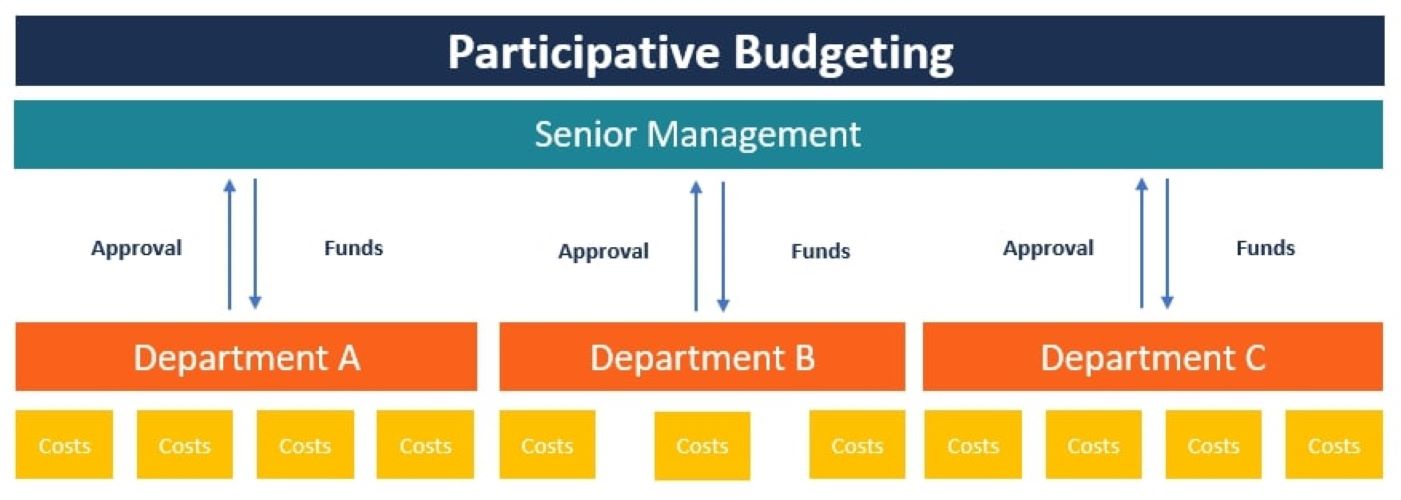Home>Finance>Certificate Of Participation (COP): Definition, Uses, Taxation


Finance
Certificate Of Participation (COP): Definition, Uses, Taxation
Published: October 25, 2023
Learn about the Certificate of Participation (COP) in finance, its definition, uses, and taxation. Enhance your financial knowledge with this comprehensive guide.
(Many of the links in this article redirect to a specific reviewed product. Your purchase of these products through affiliate links helps to generate commission for LiveWell, at no extra cost. Learn more)
Certificate of Participation (COP): Definition, Uses, Taxation
Welcome to the Finance category on our blog! In this post, we will dive into the world of Certificate of Participation (COP), exploring its definition, uses, and taxation. If you’ve ever wondered what COP is and how it can impact your financial planning, you’ve come to the right place.
Key Takeaways:
- A Certificate of Participation (COP) is a financial instrument that allows investors to participate in the ownership and benefits of an underlying asset or project.
- COPs are commonly used by government entities and organizations to finance public infrastructure projects, such as highways, schools, and hospitals.
1. Understanding Certificate of Participation (COP)
A Certificate of Participation (COP) is a financial tool that provides investors with a share in the ownership and revenue generated by a specific project or asset. COPs are frequently issued by government entities or organizations to raise funds for various public infrastructure projects. While COPs resemble bonds in their structure, they differ in terms of how they are backed and secured.
2. Uses and Benefits of COPs
COPs are commonly used to finance large-scale infrastructure projects that benefit the public, such as building highways, schools, or hospitals. These certificates offer investors an opportunity to participate in the financial returns generated by these projects. By investing in COPs, individuals or institutions can indirectly support the development of critical infrastructure and contribute to the growth of their communities.
Moreover, COPs also provide benefits to the government entity or organization issuing them. Unlike traditional bonds, COPs do not create direct indebtedness for the issuer. This means that COPs can be more attractive to government entities looking to fund public projects without significantly increasing their overall debt burden.
3. Taxation of COPs
It’s essential to understand how COPs are taxed to assess their potential impact on your financial situation. The taxation of COPs can vary depending on the jurisdiction and the specific details of the investment. Generally, the interest or income earned from COPs is subject to federal, state, and local income taxes. However, some COPs may offer tax advantages, such as tax-free interest for investors in certain types of projects, like education or healthcare facilities.
Before investing in COPs, it is advisable to consult with a financial advisor or tax professional who can provide guidance on the specific tax implications based on your jurisdiction and individual circumstances.
In conclusion, Certificate of Participation (COP) represents a unique financial tool that allows investors to participate in the ownership and benefits of public infrastructure projects. By understanding the uses, benefits, and taxation of COPs, investors can make informed decisions to support the development of their communities while considering their financial goals.














